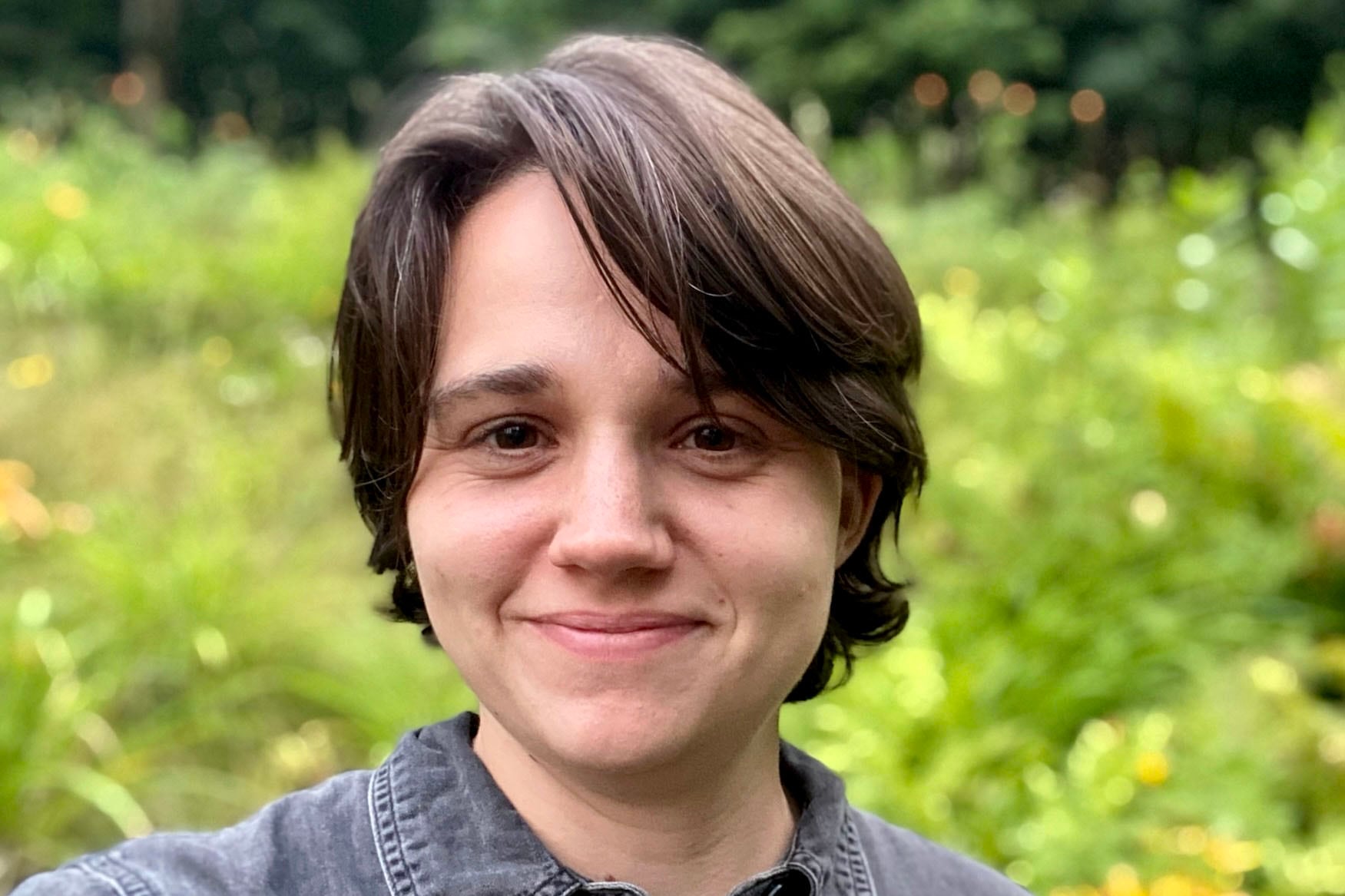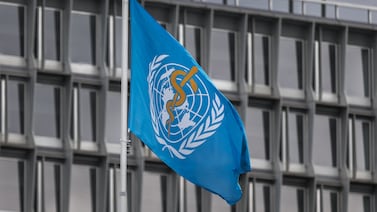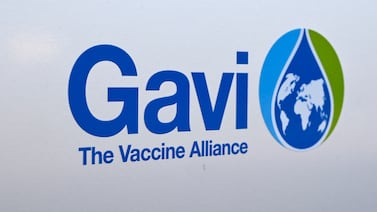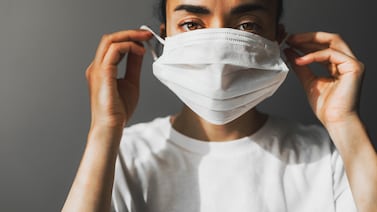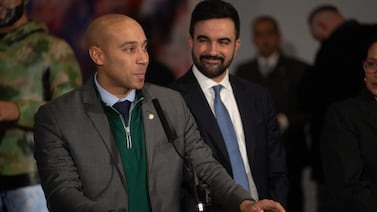Public health, explained: Sign up to receive Healthbeat’s free New York City newsletter here.
Healthbeat New York reporter Eliza Fawcett joined “The Brian Lehrer Show” on WNYC on Tuesday to give a public health update on several viral threats.
Fawcett’s recent reporting has focused on cases of West Nile virus in the city and what you need to know about the risk amid peak mosquito season.
“The best way to protect against it is to avoid being bitten by mosquitoes,” Fawcett said.
The city has been spraying neighborhoods with pesticides to mitigate the risk of West Nile virus.
Lehrer and Fawcett also discussed HIV, mpox and Covid in the city.
New Covid vaccines have been approved by the Food and Drug Administration and will be available soon. When people should get them depends on their personal risk factors — and whether they were recently infected during this summer’s spike in cases.
Eliza Fawcett is a reporter covering public health in New York City for Healthbeat. Contact Eliza at efawcett@healthbeat.org.

